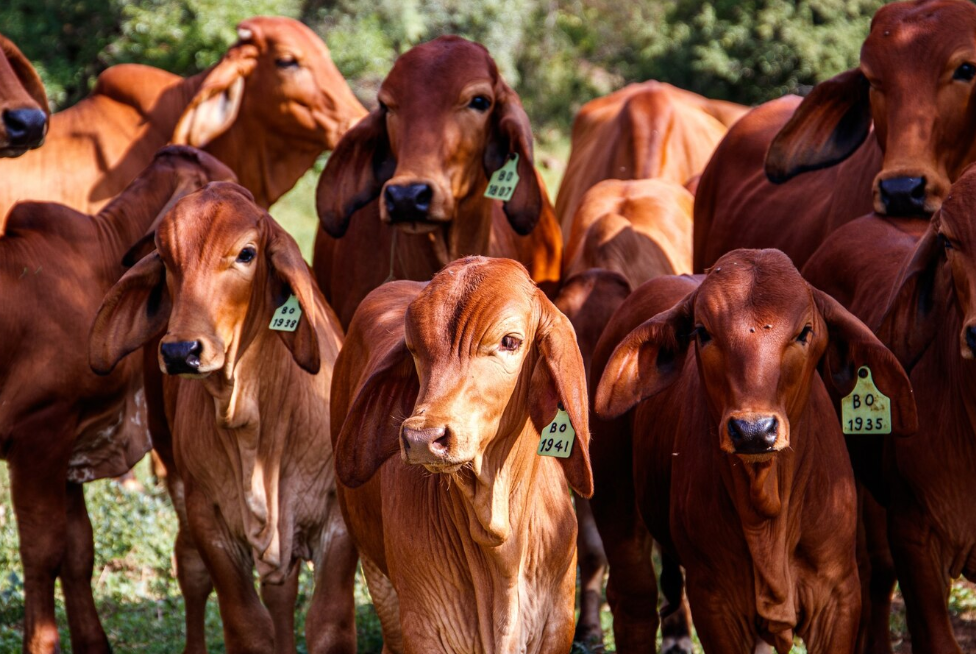Abuja, Nigeria – In a bold move to overhaul its livestock industry and reduce dependence on dairy imports, the Federal Government of Nigeria has commenced the importation of high-yield dairy cattle from Denmark. The initiative is designed to double domestic milk production, which currently falls far short of national demand.
With annual dairy imports costing Nigeria over $1.5 billion, this strategic step aims to modernize the dairy value chain, enhance food security, and stimulate rural economic development.
From Denmark to Nigeria: A Dairy Partnership
The imported cattle notably the Danish Holstein and Jersey breeds—are renowned globally for their superior milk yield, often producing up to 30 liters of milk per cow daily, a significant leap from the average 1–2 liters per day produced by local Nigerian breeds.
The first batch of these cattle has been delivered to government-backed livestock centers, including the National Animal Production Research Institute (NAPRI) in Zaria, Kaduna State, and select commercial dairy farms across Oyo, Niger, and Plateau States.
The Minister of Agriculture and Food Security, Senator Abubakar Kyari, explained that the program is part of the broader Livestock Transformation Plan, aimed at reducing import dependency, creating jobs, and fostering peace between herders and farmers.
Bridging the Dairy Deficit
Nigeria consumes over 1.7 million metric tonnes of milk annually, yet produces less than 600,000 metric tonnes locally, according to the Central Bank of Nigeria (CBN). The deficit has traditionally been filled through imports of powdered milk and other dairy products, draining valuable foreign exchange.
By introducing genetically superior and climate-resilient breeds, officials hope to empower local dairy farmers with access to modern animal husbandry techniques, better feed, and veterinary care, boosting productivity in the long term.
Support for Smallholder Farmers
This initiative isn’t just about large-scale farms. The program includes plans for training smallholder and nomadic pastoralists in artificial insemination, pasture development, and milk hygiene standards. The government is partnering with international donors, such as the Food and Agriculture Organization (FAO) and the Bill & Melinda Gates Foundation, to scale capacity-building efforts.
“We are not just importing cows. We are importing knowledge, technology, and investment to build a dairy industry that can sustain itself and feed Nigerians,” said Dr. Ernest Umakhihe, Permanent Secretary at the Ministry of Agriculture.
Economic & Social Impact
Increased milk production is expected to significantly lower the cost of dairy products for Nigerian consumers, enhance child nutrition, and reduce malnutrition rates in vulnerable communities. Additionally, the project is seen as a step toward settling herder-farmer conflicts, as more sedentary dairy farming reduces the need for open grazing.
Experts also point to potential growth in dairy processing industries, such as cheese, yogurt, and butter production, which could create thousands of new jobs and increase the country’s non-oil export earnings.
Looking Forward
The cattle import program is part of a larger government agenda to boost agricultural self-sufficiency. It aligns with President Bola Tinubu’s Renewed Hope Agenda, which emphasizes investment in rural economies and diversification of the national economy.
As the program gains traction, observers say that sustained political will, robust veterinary infrastructure, and private sector collaboration will be key to success.
For continued updates on Nigeria’s agricultural transformation and food security efforts, stay tuned to Xamblog.com.
Last Updated on June 10, 2025 by kingstar





